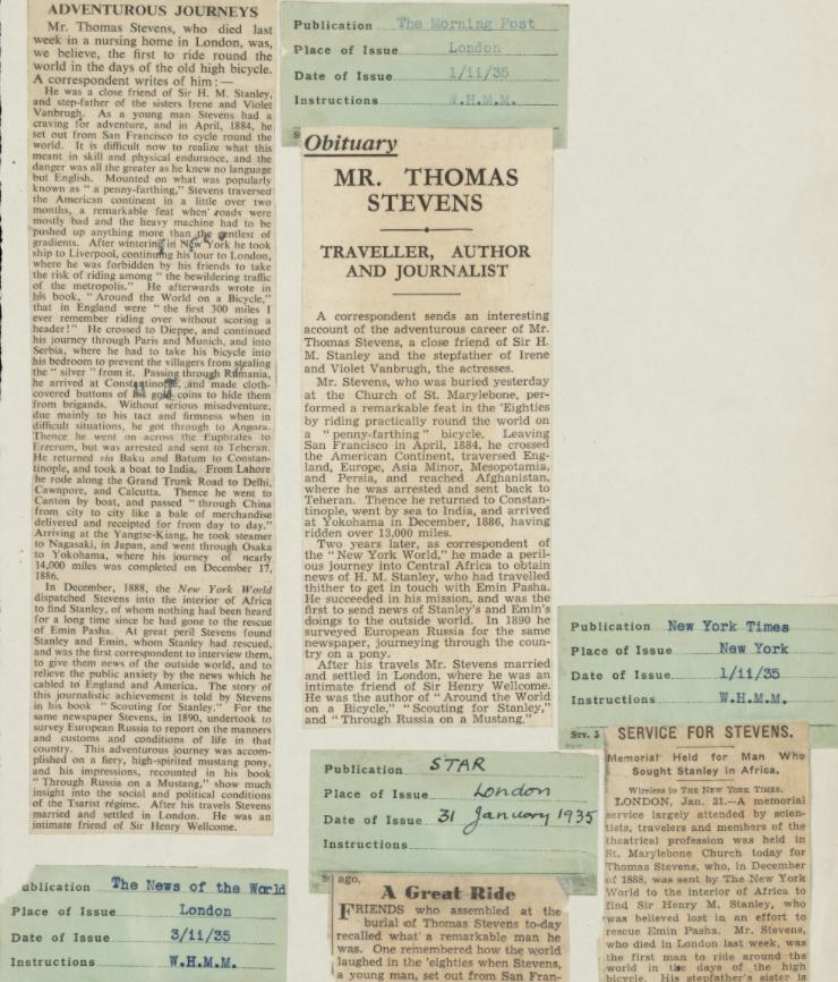A conversation with my parents demands strategy. I’ve learned that some safe topics include job anecdotes, platonic relationships, or a date gone comically south. The more humor, the better. “Yeah, we did go out a couple times. I really liked him, but then he tried to kiss me.”
As long as my parents are laughing, they are not judging; they will not later say something behind my back. As long as they are laughing, they don’t have to fully believe me.
My parents did not know about my upcoming travel plans and I did not have a joke ready. For my birthday weekend, I was going out of state to visit my sister, the bad daughter who no longer spoke to them. She had become a daughter who did not care, who must have gotten caught up in a cult. To my parents there could be no other explanation for why she released the family tether other than coercion.
Before my departure, my mother came to spend time with me, bringing along a trove of birthday gifts. It was only until after she left I realized I would not be able to take a bag of wrapped presents on the plane. The calculations began. Should I ignore my parents’ phone call on my birthday because I wouldn’t be able to open the presents? Should I text them, instead? Or not respond at all?
I asked my sister over the phone: “Should I just say screw it and tell them I’m with you and I’ll open the presents when I get back on Monday?”
“You can tell them however much you want. You could even open the presents now.”
I paused, incredulous. Opening presents before my birthday? “You’re right. I could.”
“Yeah dude.”
So I opened up a box. Then another. And another. I laughed at the silly liberation of unwrapping gifts when I wasn’t supposed to. Then, when I was done: Should I take pictures so I know what to thank them for when they call me on my birthday? To tell them I was with my sister was to hurt them. But withholding information was also terrifying; withholding information was a betrayal.
“I want you to want to tell me things,” my mother once told me over the phone, sobbing. “I just want to be your friend.” Yet being her friend meant adhering to a timeline that dictated when to share information.
When I shared with her a story I’d written that discussed a romantic interest I hadn’t yet mentioned to the family, she cried. On another occasion, when I told her, after the fact, that I had taken a trip to New York, she cried. She said she wanted to know about the trip so she could’ve texted me in real time alongside my experiences. But when I described an essay about my adolescence, she said maybe there were some things she should wait ten years to read.
Yet if I have secrets, she has some too. Once, after an argument, I received an email about how she does, in fact, respect all my boundaries. Then, a threat. I think you’d be surprised to learn all of the things you don’t know about me.
#
A few months ago, I stopped in the middle of a grocery store and called my father. “I want you to read an essay I wrote.”
“Okay, sure,” he said. “Send it to me.”
I felt the need to explain further. “It kind of sucks with nonfiction because you can’t hide behind the characters. Anytime I write something, I have to own that it happened to me.”
“Happened to you?” he asked. “Is this going to be about you getting beat or molested or something else I don’t want to hear?”
“No. This one’s not really heavy.”
“Well when you phrase it like that—”
“I shouldn’t have phrased it like that.”
My father seeks protection in a different way. He doesn’t want to know about my trauma because he resists the reality that this imperfect creature of a world bared its teeth to his daughter. I do not share negative experiences because then he might think he has failed. To not remind him of this means I must stay silent.
When I’m not silent, I am dangerous. Not long ago, my father, mother, and I were spending time with family friends when someone made an off-color joke.
“You better be careful what you say around Megan,” he announced. “You’ll end up in her writing.”
The friend laughed, seemingly out of courtesy. I did not say anything, but I wanted to know what my father thought was worthy of appearance in my stories. Did he know I would remember his own crude jokes? Record the times he asserted my sister and I were lucky to have him?
I do not think he was warning our friend, but himself: a reminder to watch what he said, a reminder to protect his own thoughts in order to protect himself from mine.
#
My parents have traveled north from our hometown in Oregon to Seattle a couple times, to see what life in my early 20s is like. Whenever they come they are, at first, happy to see me. Then they remember I am quiet, that I look at my phone to avoid fully answering questions, that I do not laugh at their jokes. They remember I am the good daughter for still speaking to them, but I am also the one with the bad attitude, the one who sometimes delivers honesty without a punchline.
Then they ask about my health. They want to know every detail of my pain, to fix it with online research and homeopathic supplements. But I do not want them to know about my body because they must involve themselves and this means I lose my right to suffer quietly. They provide sympathy, but at the cost of asking about every doctor I’ve seen, every pill I’ve taken, every side effect I’ve experienced. If western medicine works, I have to convince them it will not end up harming me. I have to argue for my own resolution. To relieve myself of pain without them must be impossible.
This is why they cannot handle my writing. They do not want to hear about pain that is not physical. Describing the intangible puts me out of reach. Emotions are too nebulous to understand, too difficult to diagnose and fix.
They have not yet recognized that they are afraid to know me. They do not want to read about the connections I’ve made between adulthood and childhood. They do not want to know that when I remember childhood, I remember fear. Not of them, but of my surroundings: the inexplicable, constant panic accompanying new classrooms, teachers, peers. They taught me to honor commitments at all costs instead of teaching me to listen to my gut, until the fear tumbled into chronic nausea and vomiting.
They will, like I did, refuse to believe I was a child of extreme anxiety, held hostage to a stomach that could not digest feeling. They do not want to know I am still the person who wakes up and vomits in response to intense emotions. They do not want to know I can eat all the foods they said I couldn’t. They do not want to know I cannot find footing in the lattice of partnerships, that I shake uncontrollably at a new touch, that I distance myself until someone leaves. They do not want to know I’ve learned that being alone means being safe from other people’s emotions.
But this is unfair. They are not to blame. Their children were their everything. They sacrificed themselves for their roles. They had good intentions. They only tried to help. So if they ask about my writing again I will tell them what they can or cannot read. I will keep them safe from my own unraveling, from how I see the sharp fragments of the past. Isn’t that what friends do?




